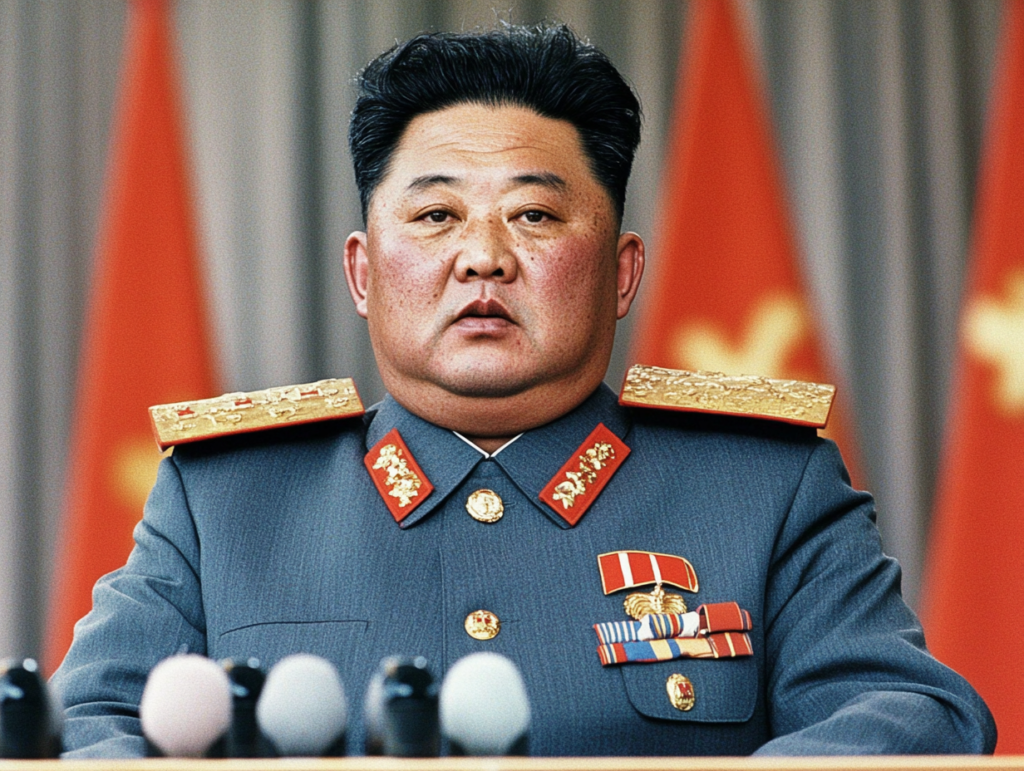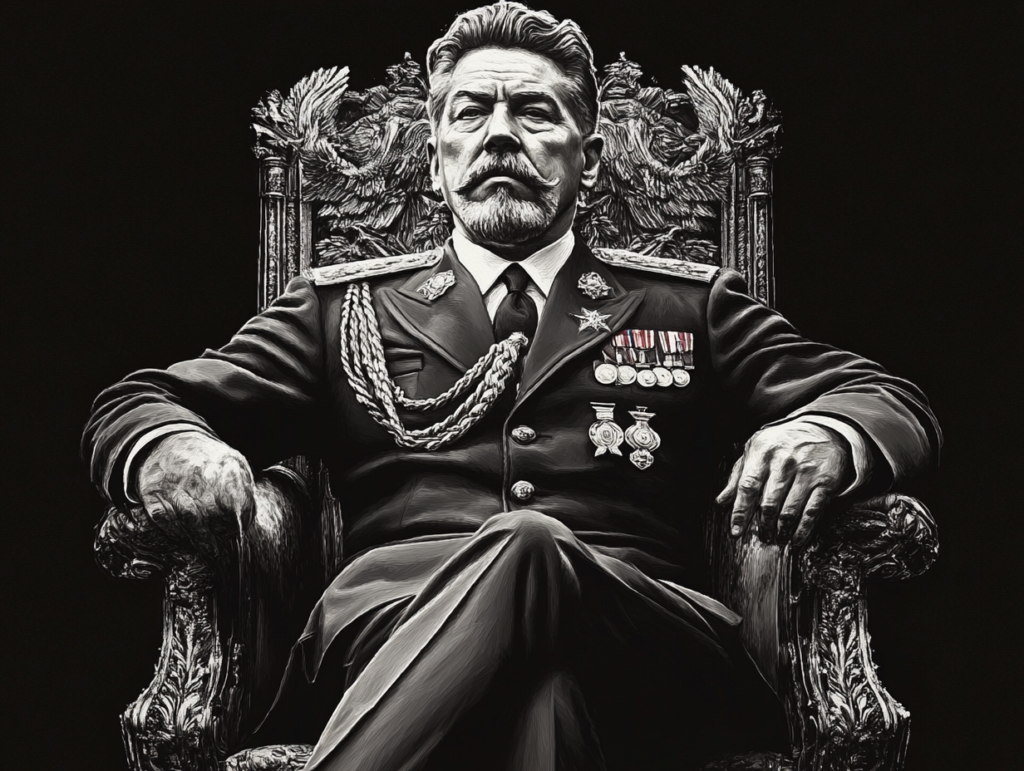What is a dictator, and what drives the allure of absolute power? How do dictators reshape the political and social landscapes they dominate? This post explores the intricate systems of control underpinning authoritarian governance, tracing its evolution from historical precedents to modern manifestations, and examining the far-reaching consequences for societies caught in its grip.
Dictators: Unraveling the Complexity of Authoritarian Governance
Political power represents a profound and intricate spectrum of human organizational capability, with dictatorships emerging as one of its most complex and destructive manifestations. The journey of understanding dictatorships requires a nuanced exploration that transcends simple categorizations, delving deep into the historical, sociological, and psychological landscapes that enable and sustain authoritarian control.
The Essence of Dictatorial Power
At its core, a dictator represents far more than a mere political leader. These individuals — often demagogues — are architects of comprehensive systems of control, systematically dismantling institutional safeguards and reconstructing societal frameworks to serve their singular vision of governance. Unlike democratically elected leaders constrained by robust institutional checks and balances, a dictatorship operates through a sophisticated network of power consolidation that penetrates every aspect of social and political life.
The hallmark of dictatorial governance lies not just in the concentration of power, but in the systematic elimination of alternative power structures. These leaders do not simply rule; they fundamentally reshape the entire landscape of political possibility, creating environments where opposition becomes not just difficult, but potentially life-threatening.

Historical Roots: From Roman Republic to Modern Authoritarianism
The term “dictator” carries a fascinating historical lineage, originating in the Roman Republic as a designation for a temporary magistrate granted extraordinary powers during national emergencies. These original dictators were expected to serve limited terms and restore stability—a concept dramatically different from modern authoritarian leaders who permanently entrench themselves in power.
Modern dictatorships have evolved into far more sophisticated systems of control. Where historical autocrats relied primarily on brute force and direct military intervention, contemporary dictators leverage complex psychological, technological, and communicative strategies — from surveillance to AI to media manipulation and beyond. They understand that true power extends beyond physical coercion, encompassing the ability to shape narrative, control information, and systematically deconstruct alternative political imaginaries. Many wage psychological warfare on their own people, as well as on their enemies.
Typologies of Authoritarian Control
Military Dictatorships
Military dictatorships represent perhaps the most direct form of authoritarian control. These regimes emerge through systematic undermining of civilian political structures, using nationalist rhetoric and security narratives to justify their intervention. The military becomes not just a defensive institution, but the primary mechanism of political governance, transforming national security and intelligence apparatuses into tools of comprehensive social control.
Personalist Dictatorships
In personalist dictatorships, power becomes intimately tied to a singular charismatic leader. These systems are characterized by elaborate personality cults, networks of patronage that reward loyalty above competence, and a political ecosystem that exists solely to perpetuate the leader’s authority. The distinction between the state and the individual leader becomes deliberately blurred, creating a political reality where critique of the leader is tantamount to treason.
Totalitarian Regimes
Totalitarian regimes represent the most extreme manifestation of dictatorial control. These systems do not merely seek political obedience but aim for complete psychological and social transformation. Every aspect of individual and collective life becomes politicized—education, culture, personal relationships, and even private thoughts are subjected to ideological scrutiny and potential intervention.

Mechanisms of Authoritarian Survival
The survival of dictatorial systems depends on multifaceted strategies of control. Propaganda becomes a sophisticated art form, creating alternative narratives that reshape historical understanding and current perceptions. State-controlled media, digital surveillance, agitprop, and systematic disinformation campaigns work in concert to create information environments where truth becomes malleable.
Simultaneously, these regimes deploy intricate networks of intimidation. Political opposition is not merely suppressed but systematically dismantled. Potential challengers face not just political marginalization but potential legal persecution, economic destruction, and personal safety threats. The goal is not just to prevent resistance but to make the very concept of resistance seem futile and dangerous.
Societal Consequences
The human cost of dictatorial governance extends far beyond immediate political repression. Economic systems become inefficient, innovation is stifled, and entire generations are psychologically traumatized. Capital flight becomes common as talented individuals seek environments with greater personal and professional freedom. The legacy of dictatorial rule can persist long after the specific regime has fallen, embedding deep structural challenges in national institutions.
Paths of Transformation
No dictatorial system is permanent. The seeds of their destruction are often embedded in their very structure—overreach, elite fragmentation, economic unsustainability, and growing internal contradictions create inevitable points of vulnerability. International diplomatic pressure, grassroots resistance movements, and generational shifts in political consciousness can catalyze profound systemic transformations that force the dictator from power.
Understanding dictatorships requires a keen look at these complex political ecosystems shaped by historical contingencies, psychological dynamics, and intricate power negotiations. Recognizing their structural complexity becomes the first step toward developing more robust democratic resilience.
Comments are closed.